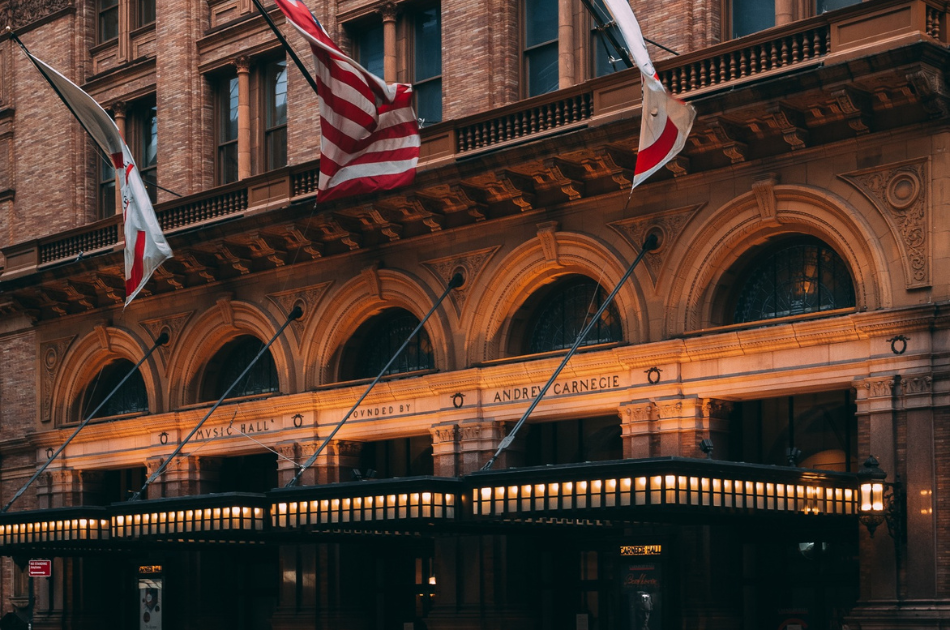The town of Bled in Slovenia is known for its beautiful lake, picturesque scenery, and cream cakes. But more recently it has also become a flag bearer of good recycling practices in Central Europe, with many tourist spots in the resort town prioritizing sustainable packaging.
For much of its packaging, the town is now looking to ditch the often-used plastic boxes as much as possible and instead use a more sustainable alternative, namely a combination of recyclable paper and plastic.
While these two materials are very difficult to recycle when they are combined together, BioComPack-CE, a European Union-supported project, has created prototypes of combined paper and plastic packaging that are biodegradable and compostable.
The vision calls for a paradigm shift along the whole supply chain – from research to sale. It plans to make a dent in the 32.2 million tons of waste that’s left behind by non-recyclable combined plastic and paper packaging every year in the EU.
As part of the project’s pilot, packaging brands are working together with food and beverage outlets. Last year, for example, one of the companies trialing the new material, partnered with a festival in the region to only use compostable plates and cups, which were then collected onsite and prepared for compost.
The €1.95 million project is supported by the European Cohesion Policy, which has invested most of that money, but also supported by 10 partners including research and innovation institutes and recycling organizations from six European countries – Hungary, Slovakia, Slovenia, Italy, Croatia, and Poland.












